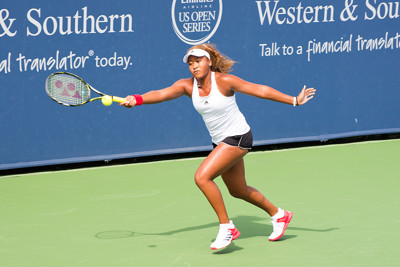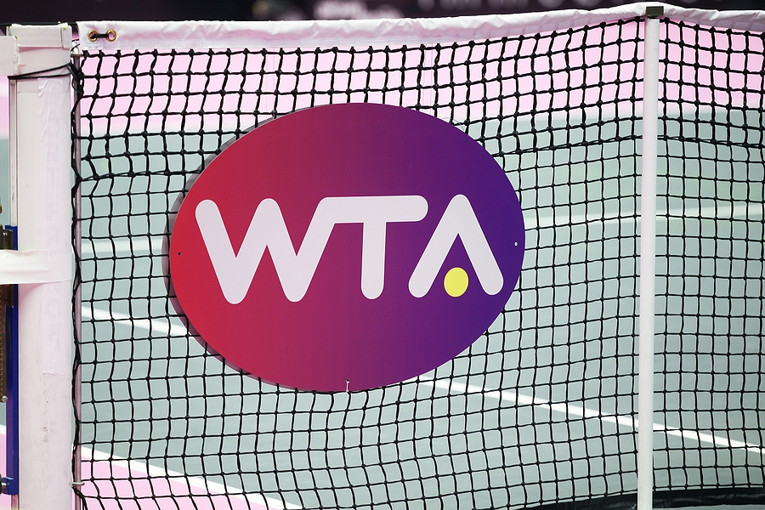
We reported recently on Naomi Osaka’s decision not to talk to the press at the French Open to help protect her own mental wellbeing.
Now, after being threatened with fines and a number of other sanctions – including possible expulsion from the event, the Japanese star has decided to withdraw from the tournament altogether.
Osaka made the decision after her opening round victory over Patricia Maria Tig, following which she was fined £10,570 – as the WTA had warned her – for failing to turn up for her media duties.
Now the four-time Grand Slam event winner has taken to Twitter to reveal her decision to withdraw from the action at Roland Garros.
— NaomiOsaka大坂なおみ (@naomiosaka) May 31, 2021
“I think now the best thing for the tournament, the other players and my wellbeing is that I withdraw, so everyone can get back to focusing on the tennis going on in Paris,” she wrote. “I accept that my timing was not ideal and my message could have been clearer.
“The truth is that I have suffered long bouts of depression since the U.S. Open in 2018, and I have had a really hard time coping with that.”
Osaka went on to explain how her mental health issues led to anxiety when public speaking, which is of course exacerbated when having to fulfil her media obligations in press conferences and interviews.
Everybody loses – the world number two is shorn of the chance to win a fifth major title, while the event itself is hurt by not having one of the sport’s most marketable young stars in their draw.
Arguably, both parties have been in the wrong – Osaka for her use of social media to drive home her point, and tournament officials for being so tone deaf in the handling of one of their players.
In the end, it’s been a dismal episode for tennis and even the wider sporting community.
A Matter of Obligation?

The WTA has, you suspect, set a dangerous precedent in not allowing somebody that is clearly uncomfortable in media gatherings from being shielded from them where possible.
While the fine dished out to Osaka may not be a huge sum for a millionaire, the point is that they still wanted to punish her and even make an example of her for a personal choice.
Gilles Moretton, the president of the French Tennis Federation, commented that the withdrawal of Osaka from his country’s flagship event was ‘unfortunate.’
“We are sorry and sad for Naomi,” he said. “We wish her the best and quickest possible recovery, and we look forward to having Naomi at our tournament next year.”
The FTF, incidentally, were one of the groups calling for Osaka to be expelled from the event after ‘reminding’ her of her ‘obligations’ just a matter of days ago.
But should sports stars be obligated to speak to the press after a game? Do they have a duty, or is their engagement with the media simply an added bonus in our understanding of their sport?
Maybe it’s time for organisers of top-level sport around the world to consider the toll they are placing not only on the bodies of their top stars but also their minds, too.
